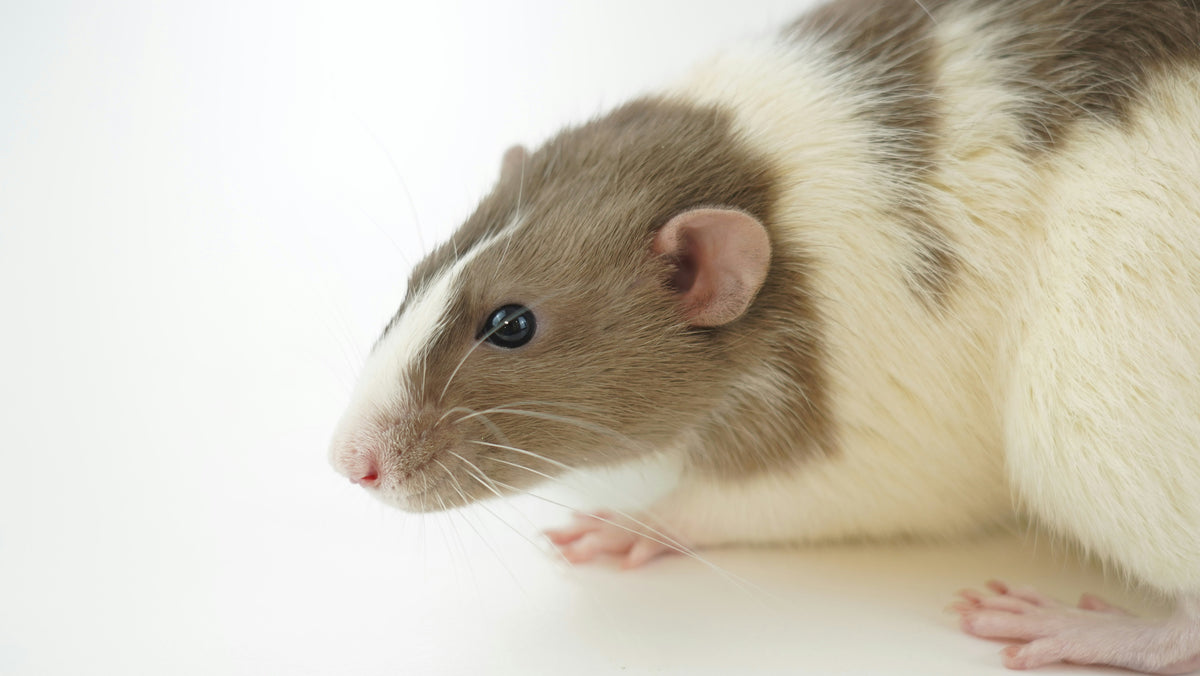As the days get shorter and temperatures drop, many plant enthusiasts may wonder whether they should continue fertilizing indoor plants in winter. Winter presents unique challenges for indoor gardening, with plants often slowing down their growth. So, should you fertilize houseplants in the winter? The answer is not always straightforward.
In this post, we’ll delve into everything you need to know about fertilizing houseplants in winter, the types of plants that may benefit from a bit of nourishment, and how to care for your indoor plants during the colder months. Plus, we'll discuss how Messinas Seedlingers Universal Plant Food and Moisturize Anti-Transpirant can be used to optimize the health of your houseplants, even in winter.
Should You Fertilize Houseplants in the Winter?
One of the most common questions we receive is: should I fertilize houseplants in winter? The answer largely depends on the type of plants you have. Most indoor plants naturally slow their growth during the winter due to reduced sunlight. Since growth slows down, the need for fertilizer decreases as well.
Why Plants Slow Down in Winter
During winter, shorter days and reduced sunlight signal to plants that it's time to conserve energy. This slower growth can make it tempting to hold off on fertilizing altogether. However, some plants—especially tropical species like peace lilies, philodendrons, and ferns—continue to grow in winter and may benefit from light feeding.
Seedlingers Universal Plant Food offers a gentle, nutrient-rich formula that is ideal for slow-growing indoor plants during the winter months. Its biological, manure-free makeup provides nutrients without overwhelming your plants.
RELATED: How Often to Fertilize Indoor Plants
Can You Fertilize Houseplants in the Winter?
The real question is: can you fertilize houseplants in the winter without causing harm? The short answer is yes, but it must be done with care. Over-fertilizing during this time can stress plants and lead to root burn, which could stunt their growth.
The Right Approach to Winter Fertilization

If you decide to fertilize, opt for a diluted liquid fertilizer like Seedlingers. Its liquid form is absorbed more easily by your plants' roots, providing a steady, controlled release of essential nutrients.
For tropical plants or any houseplants that show signs of continued growth (new leaves, shoots, or buds), light monthly fertilization can be beneficial. For plants that remain dormant, it’s best to avoid fertilizing until spring.
How Often to Fertilize Indoor Plants in Winter
A key factor in winter plant care is knowing how often to fertilize indoor plants in winter. Unlike the growing season when you may fertilize more frequently, plants need far less nutrition during the cold months.
General Guidelines for Winter Fertilization
- Active Growers: If you notice your houseplants are still actively growing, fertilize once a month with Seedlingers Universal Plant Food, diluted to half strength.
- Dormant Plants: For houseplants that have stopped growing, it's best to skip fertilization altogether until spring. Overfeeding dormant plants can lead to nutrient buildup in the soil, which can harm your plant's root system.
Using a balanced liquid fertilizer like Seedlingers during winter helps promote root health and steady growth without overwhelming your plants with too many nutrients at once.
Should I Fertilize My Houseplants in Winter?
So, should houseplants be fertilized in winter? The key is to observe your plants. If they’re showing signs of new growth, a little feeding can help them stay healthy. However, if your plants have entered dormancy, it's best to leave them alone until the growing season returns.
Winter Fertilizer for Plants

Seedlingers Universal Plant Food is perfect for winter use because it’s gentle yet effective, providing the nutrients your plants need without the risk of overfeeding. It can be used on a wide variety of houseplants, from flowering species to foliage plants, making it a versatile choice for your indoor garden.
How Often Should I Water Indoor Plants in Winter?
Another important aspect of winter plant care is knowing how often to water indoor plants in winter. Just as plants need less fertilizer during winter, they also need less water. Overwatering can lead to root rot, especially during the colder months when plants are more vulnerable.
General Watering Tips for Winter
- Check the Soil: Always check the moisture level of your plant’s soil before watering. If the top inch of soil is dry, it’s time to water.
- Reduce Frequency: In winter, most indoor plants need watering only once every two weeks, depending on the humidity level in your home.
- Use Anti-Transpirant: Products like Messinas Moisturize Anti-Transpirant help lock in moisture by creating a protective coating on the leaves, reducing water loss and the need for frequent watering. This is particularly useful for plants that may dry out in the drier, heated indoor air of winter.
RELATED: How to Move Plants Cross Country Without Shocking Them
Do You Fertilize Houseplants in Winter?
A common question is: do you fertilize houseplants in the winter? The answer comes down to plant type, their current growth stage, and how much light they are receiving. If your houseplants are receiving adequate light and showing signs of growth, light feeding with Seedlingers Universal Plant Food can be beneficial.
Why Choose Seedlingers Universal Plant Food?
Using the right fertilizer is crucial for winter plant care, and Seedlingers Universal Plant Food stands out for several reasons.
- Energy-Rich Formula: Packed with essential nutrients, Seedlingers helps maintain plant vitality during the slower winter months, promoting root health and gentle growth.
- Manure-Free and Sweet-Smelling: Perfect for indoor plants, Seedlingers is a clean, odor-free fertilizer option that won’t bring unpleasant smells into your home.
- Easy to Use: Simply mix 1oz of concentrate with water and apply it weekly for the best results. It's versatile enough for both indoor and outdoor use, though winter is when your houseplants will benefit the most.
Pair this with Messinas Moisturize Anti-Transpirant for optimal moisture retention, and your plants will be protected against the challenges of winter.
Fertilizing Indoor Plants in Winter With Messinas

Knowing how often to fertilize indoor plants in winter and how to care for them properly can make a huge difference in their health. While many houseplants go dormant in the colder months, others may continue growing with the right care. Using a gentle, balanced fertilizer like Seedlingers Universal Plant Food ensures your plants receive the nutrition they need without being overfed.
In addition to fertilizing, consider using Messinas Moisturize Anti-Transpirant to keep your plants hydrated and protected from winter dryness.
By following tips on our blog, your houseplants will stay healthy, vibrant, and ready for a strong start in the spring.




Leave a comment
This site is protected by hCaptcha and the hCaptcha Privacy Policy and Terms of Service apply.